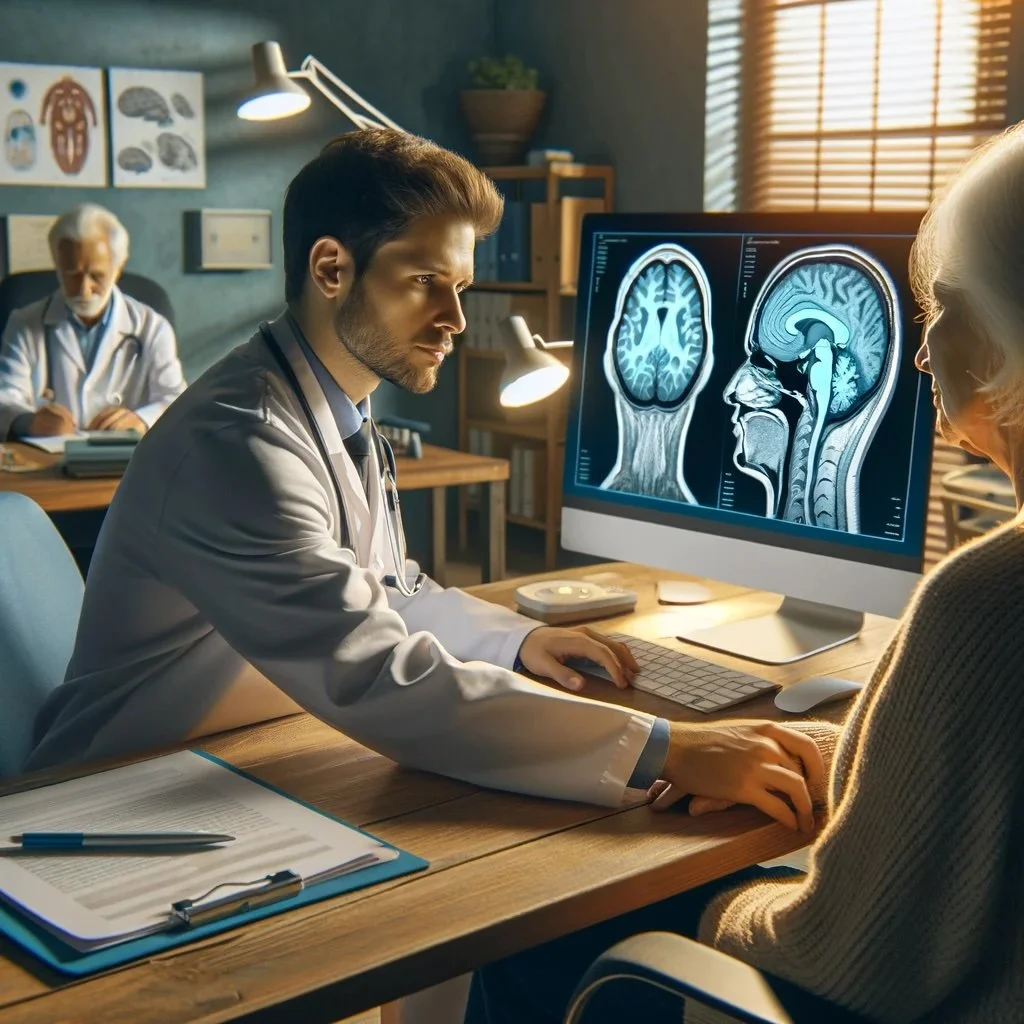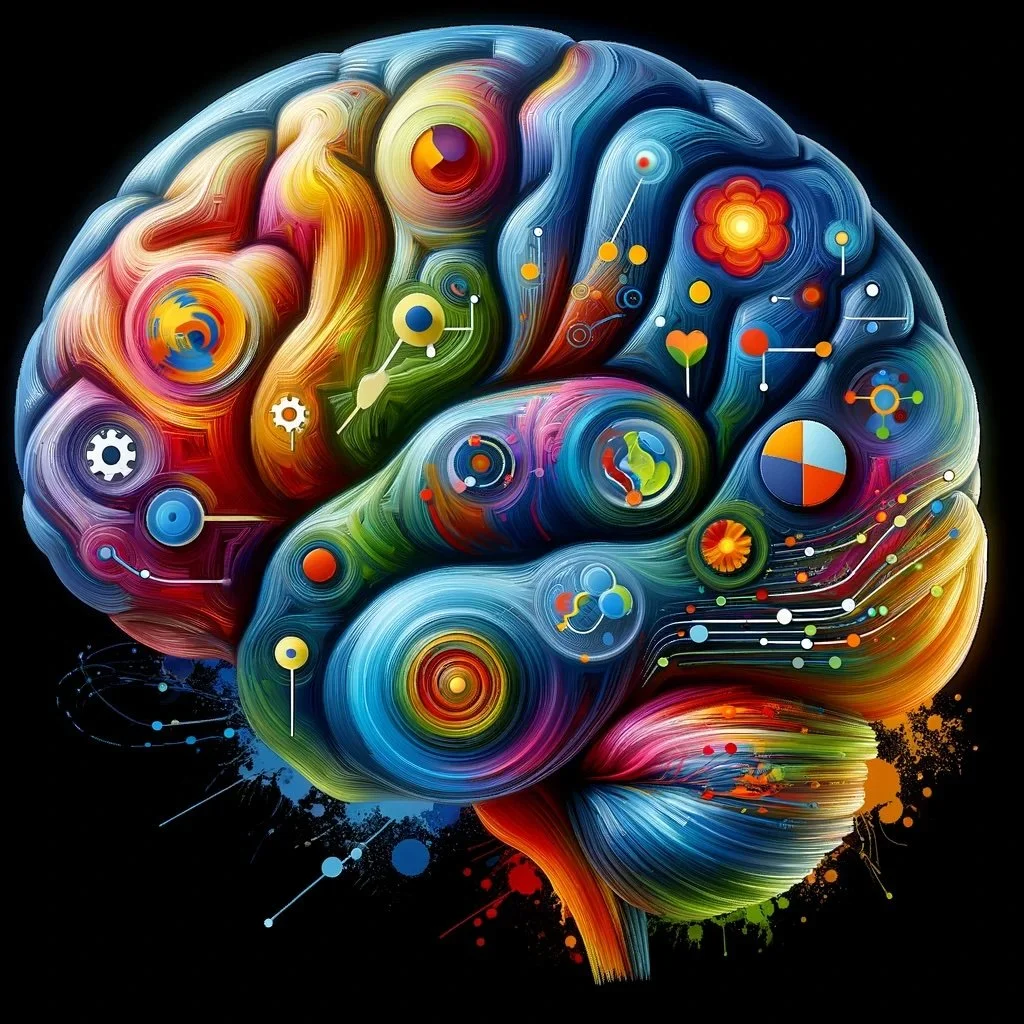Bridging Minds and Medicine: How Neuropsychological Assessments Enhance Care for All
In the intricate world of mental health and neurological disorders, understanding the root cause of symptoms is paramount. This is where neuropsychological assessments step in, bridging the gap between patient experiences and the scientific expertise of healthcare providers. These assessments go beyond simple diagnostics; they offer a comprehensive look at an individual's cognitive health, uncovering the complexities of brain function and behavior.
The Heart of Neuropsychological Assessments
At their core, neuropsychological assessments are a series of tests and evaluations designed to measure cognitive abilities such as memory, attention, language skills, and problem-solving. They are tailored to the individual, considering factors like age, education, and cultural background, ensuring a personalized approach to diagnosis and treatment.
For professionals, these assessments provide a detailed cognitive profile that informs treatment planning and intervention strategies. For patients and caregivers, understanding these results can demystify symptoms, offering a clearer path to management and improvement.
The Science Behind the Assessment
Scientific studies underscore the value of neuropsychological assessments in various contexts. Research published in journals like The Clinical Neuropsychologist and Neuropsychology Review highlights their effectiveness in diagnosing conditions such as Alzheimer's disease, ADHD, and brain injuries. These studies not only validate the use of neuropsychological assessments in clinical practice but also emphasize their role in developing targeted therapies and rehabilitation programs.
How Assessments Empower Patients and Professionals
1. Enhancing Diagnostic Accuracy: By providing a nuanced view of cognitive strengths and weaknesses, neuropsychological assessments help clinicians differentiate between similar-looking conditions, ensuring accurate diagnosis and appropriate treatment.
2. Guiding Treatment and Rehabilitation: The insights gained from these assessments enable healthcare providers to craft personalized treatment plans. For conditions like traumatic brain injury or stroke, they can pinpoint specific cognitive deficits and recommend targeted rehabilitation exercises.
3. Supporting Educational and Occupational Planning: For children and adults with learning disabilities or cognitive impairments, neuropsychological assessments can inform educational and occupational strategies, helping individuals achieve their potential.
4. Facilitating Better Outcomes: Ultimately, the goal of neuropsychological assessments is to improve patient outcomes. By understanding the specific cognitive functions affected, patients, families, and professionals can work together more effectively toward recovery and well-being.
Navigating the Path Together
For anyone stepping into the world of neuropsychological assessments, whether as a professional, patient, or caregiver, the journey is a collaborative one. It's about building a bridge between scientific knowledge and personal experience, between clinical practice and daily life.
As we continue to explore and understand the brain's complexities, neuropsychological assessments remain a vital tool in our collective toolkit. They are not just assessments; they are a testament to the resilience of the human spirit and the power of personalized care.
Towards a Future of Tailored Care and Understanding
Neuropsychological assessments embody the intersection of science, medicine, and empathy. They remind us that behind every test score and diagnosis lies a person navigating their unique journey. As we harness the insights these evaluations provide, we move closer to a world where every individual receives the nuanced, compassionate care they deserve.
For those looking to dive deeper into the scientific foundations of neuropsychological assessments, resources like The Journal of Neuropsychology and Archives of Clinical Neuropsychology offer a wealth of knowledge, showcasing the latest research and developments in the field.
By embracing neuropsychological assessments, we're not just diagnosing conditions; we're opening doors to understanding, treatment, and ultimately, hope.




